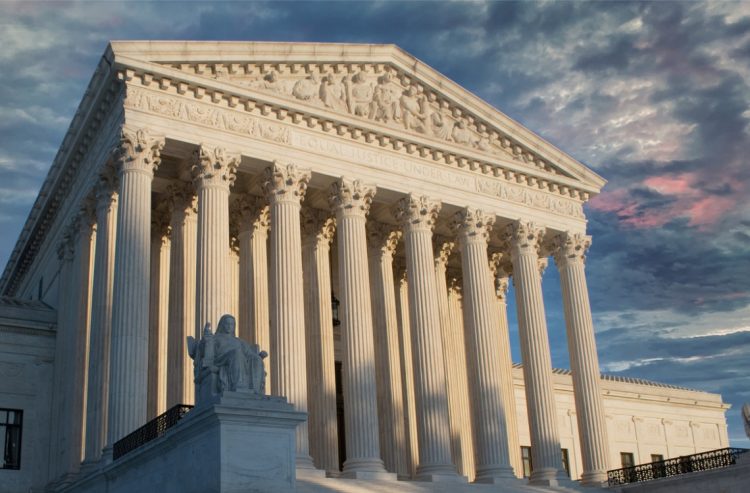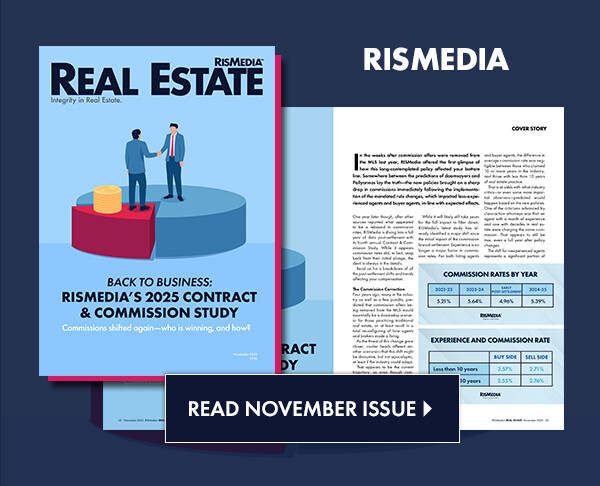In a 6-3 decision on Biden v. Nebraska Friday, the Supreme Court declared that the Department of Education does not have the authority to cancel student loans under the Heroes Act. Chief Justice John Roberts delivered the majority opinion, joined by Justices Thomas, Alito, Gorsuch, Kavanaugh and Barrett, the latter of whom wrote a concurring opinion. Justice Kagan wrote a dissent, joined by Justices Sotomayor and Jackson. In Department of Education v. Brown, another case tackling student debt relief, the court unanimously found neither party had standing.
“In light of the sweeping and unprecedented impact of the Secretary’s loan forgiveness program, it would seem more accurate to describe the program as being in the ‘wheelhouse’ of the House and Senate Committees on Appropriations,” Roberts wrote in the majority opinion.
“For years, this Court has insisted that the way to keep judges’ policy views and preferences out of judicial decision-making is to hew to a statute’s text,” wrote Kagan in the dissenting opinion. “The HEROES Act’s text settles the legality of the Secretary’s loan forgiveness plan. The statute provides the Secretary with broad authority to give emergency relief to student-loan borrowers, including by altering usual discharge rules.”
The forgiveness program was introduced by the Biden administration in August 2022, and is designed to help debt-burdened borrowers.
Borrowers making less than $125,000 a year or belonging to a household making less than $250,000 could have had up to $10,000 of their debt forgiven—$20,000 if they were a Pell Grant recipient.
The Associated Press reports that at least 26 million people had applied for forgiveness, with 16 million approved. The Supreme Court’s veto now puts those affected in a worse-off position, potentially hampering their ability to save, which could negatively impact the real estate market.
Gen Z is the next generation of homebuyers, but student debt could hold them back on this journey as it did for the preceding generation; a 2021 study by the National Association of REALTORSⓇ revealed that student debt delayed 60% of non-homeowning millennials from pursuing homeownership.
A report by Bankrate found that 74% of Gen Zers and 68% of millennials with student debt have held off on making “major financial decisions” due to their loans—buying a home definitely qualifies. It’s also been observed that younger generations are holding off on or deciding against having children due to the financial burden of student debt. A declining population could also eventually lead to a declining real estate market.
Federal student loan payments, and interest accrual, have been paused since the start of the COVID-19 pandemic, with the deadline of resumption being extended on multiple occasions. A recent debt-ceiling resolution prevents the White House from pausing payments again.
Interest will begin accruing again on September 1, while payments resume on October 1. The end of the pause and the Supreme Court’s decision will likely worsen borrowers’ precarity even more.
A response from the Biden administration is forthcoming. Both advocates and commentators have suggested that there could be alternative methods for the Biden administration to cancel student debt—which, if any, they will take is uncertain.












